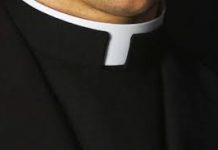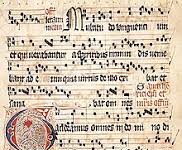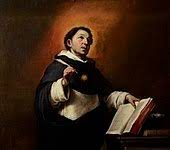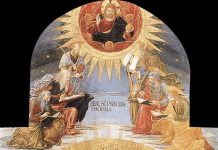I came across this truly wonder-ful 13-part series, Civilisation, first filmed in 1969, with Kenneth Clark, one of the world’s foremost art historians of the twentieth century. As he puts it in the very first line of the first episode, quoting the great Victorian artist and art critic Ruskin:
Great nations write their autobiographies in three manuscripts: the book of their deeds, the book of their words, and the book of their arts; not one of these books may be understood unless we read the two others, but of the three the only trustworthy one is the last.
I’m not so sure about that, but there is a ring of truth in it, for does not what we love – which we portray in art, signify in some deep way who we are? (Which bodes not well for what passes for art in our own ‘civilisation’).
Focusing on Western art from the ‘Dark Ages’ to the modern era, Clark realizes that there is much left to be said, not least on the art of the East. But what he does say is truly enlightening, and a balm in our own iconoclastic era, mired in mediocrity. Man is capable of great things, and still is so – for what makes civilisation is not any external factor, but rather greatness of will, intellect and energy, and the capacity to impose order on chaos, first in our interior lives, and then upon the world. And this derives first and foremost from Faith, and a belief in the transcendent (which is why atheistic Marxist–Socialist-Communist regimes never have and never will produce any real art – witness kitsch Nazi paintings or the brutal, dehumanizing Stalinesque architecture, nor anything, for that matter, approximating a ‘civilised’ society).
We may not agree with all of Clark’s assessments, but as he put it when he began the series:
I had no clear idea what “civilisation” meant, but thought it was preferable to barbarism, and fancied that this was the moment to say so.
And it is still the moment to say so, as a new barbarism descends upon the world, and we must hold fast – even by the very skin of our teeth – to all that is true, good and beautiful:












